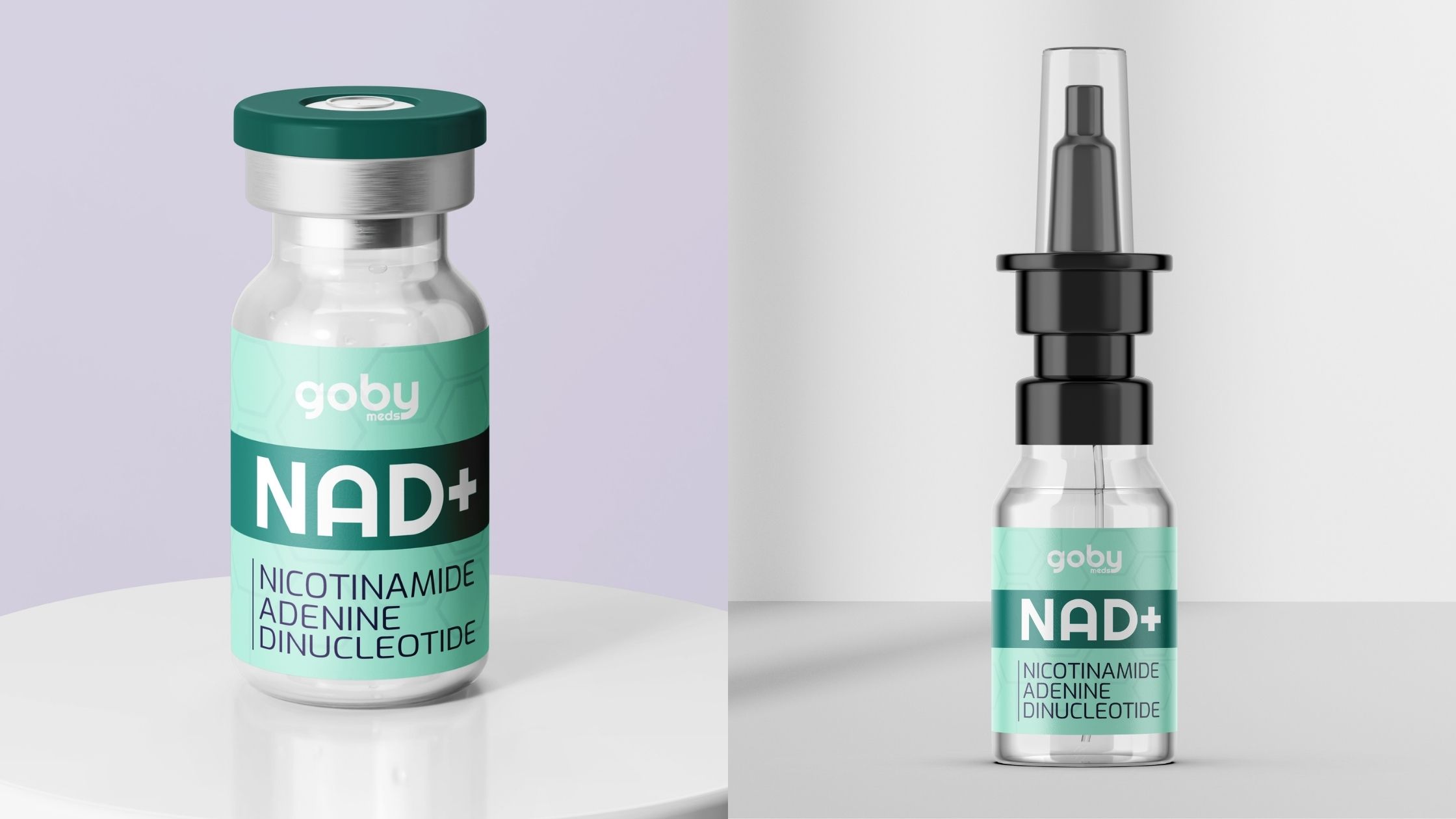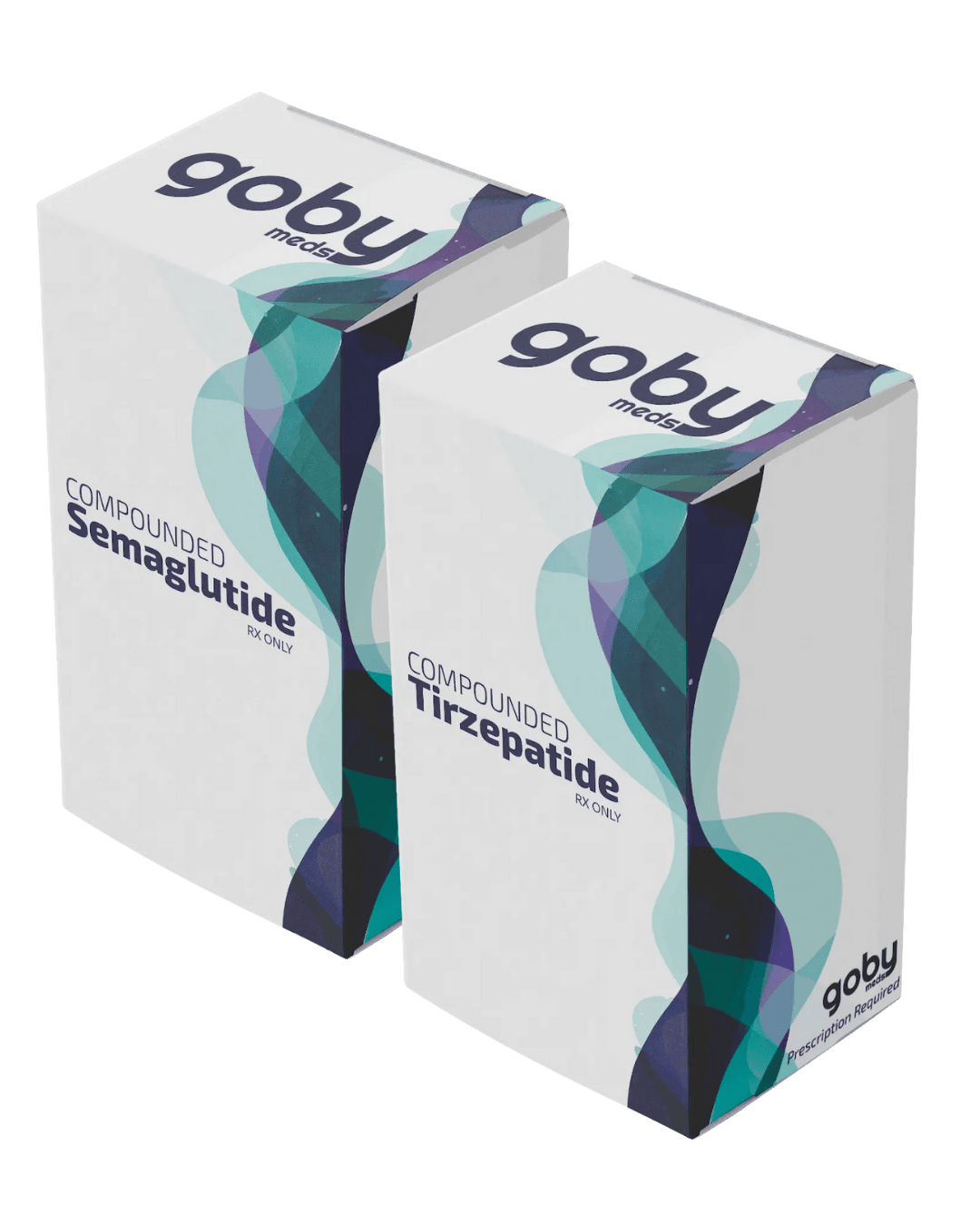NAD+ and Fatigue: Can It Support Energy and Focus?
What Exactly is NAD+?
Think of your body as a high-performance engine. Food is the fuel, but you need a spark plug to ignite that fuel and turn it into usable energy. NAD+ is that spark plug.
Its full name is Nicotinamide Adenine Dinucleotide, and it's a coenzyme found in every single cell in your body. Its main job is to help convert the nutrients you eat into adenosine triphosphate (ATP), which is the primary energy currency for your cells. Without enough NAD+, this entire energy-making process grinds to a halt.
Unfortunately, research shows that our natural levels of NAD+ decline significantly as we age. Some studies suggest that by the time we’re 50, we may have only half the NAD+ we had in our 20s. This decline is linked to many of the hallmark signs of aging, including, you guessed it, fatigue.
The Connection: Low NAD+ and Feeling Tired
The link between NAD+ and fatigue is all about the mitochondria—the tiny "powerhouses" inside your cells responsible for generating over 90% of your body's energy.
- Fuel Conversion: Mitochondria depend on NAD+ to carry out the chemical reactions that turn glucose and fatty acids into the ATP that powers everything you do. When NAD+ levels are low, your mitochondrial function slows down, leading to less ATP production. The result? You feel physically tired and mentally sluggish. 😴
- Cellular Maintenance: NAD+ also activates a group of protective proteins called sirtuins. These sirtuins act like a cellular maintenance crew, repairing DNA and fighting off cellular stress. They need NAD+ to do their job. Low NAD+ means this vital repair work gets neglected, which can further contribute to feelings of fatigue.
Start with the Foundation: Lifestyle First
Before exploring any new therapy, it's essential to look at the big picture. The most powerful tools for fighting fatigue are the ones you already have access to. Take an honest look at your current habits and make the obvious changes first. Are you consistently:
- Eating Whole Foods? Fueling your body with nutrient-dense foods like vegetables, lean proteins, and healthy fats gives your cells the raw materials they need.
- Staying Active? Regular movement—even a brisk daily walk—stimulates your mitochondria and helps your body manage energy more efficiently.
- Getting Quality Sleep? Sleep is when your body and brain perform critical repair. Prioritizing 7-9 hours of quality sleep is non-negotiable for good energy.

Making these foundational changes is the most important step you can take. Think of NAD+ therapy not as a magic bullet, but as a powerful supporter that works in addition to these habits, helping to optimize your energy at the cellular level when you've already put in the work.
Adding a Cellular Boost with NAD+ Therapy
Once you have a solid lifestyle foundation in place, you might consider more direct ways to support your cellular energy. While oral NAD+ precursors exist, therapeutic approaches can offer a more direct and efficient boost to complement your healthy habits.
At GobyMeds, we offer convenient and innovative options like:
- Subcutaneous (subq) NAD+ Injections: Administered just under the skin, these injections provide a direct and potent dose.
- NAD+ Nasal Sprays: A simple and needle-free option for consistent support.
Both methods bypass the digestive system, ensuring more of this vital molecule gets to work in your cells where it's needed most.
NAD+ from GobyMeds
Fatigue and brain fog shouldn't hold you back. We believe in a holistic approach that starts with you. By building a foundation of healthy habits and adding powerful supporters like NAD+, you can take control of your energy from the inside out.
At GobyMeds, we provide access to innovative treatments like subcutaneous NAD+ injections and NAD+ nasal sprays through our simple, supportive, and customer-focused telehealth platform.

Ready to learn more about supporting your energy on a cellular level? Connect with one of our providers today to see if NAD+ therapy is the right choice for your wellness journey.
Disclaimer: This article is for informational purposes only and does not constitute medical advice. Please consult with a qualified healthcare professional before beginning any new treatment or supplement regimen.
References:
- Covarrubias, A. J., Perrone, R., Grozio, A., & Verdin, E. (2021). NAD+ metabolism and its roles in cellular processes during ageing. Nature Reviews Molecular Cell Biology, 22(2), 119–141.
- Kim, M., Seol, J., Sato, T., et al. (2022). Effect of 12-Week Nicotinamide Mononucleotide Supplementation on Clinical Parameters and Nicotinamide Metabolite Levels in Healthy Japanese Men. Nutrients, 14(4), 755.
- Dehhaghi, M., Kazemi, S. H., & Shakraei, S. (2019). The Role of Supplements in the Management of Chronic Fatigue Syndrome. Biomolecules, 9(12), 856.






.svg)